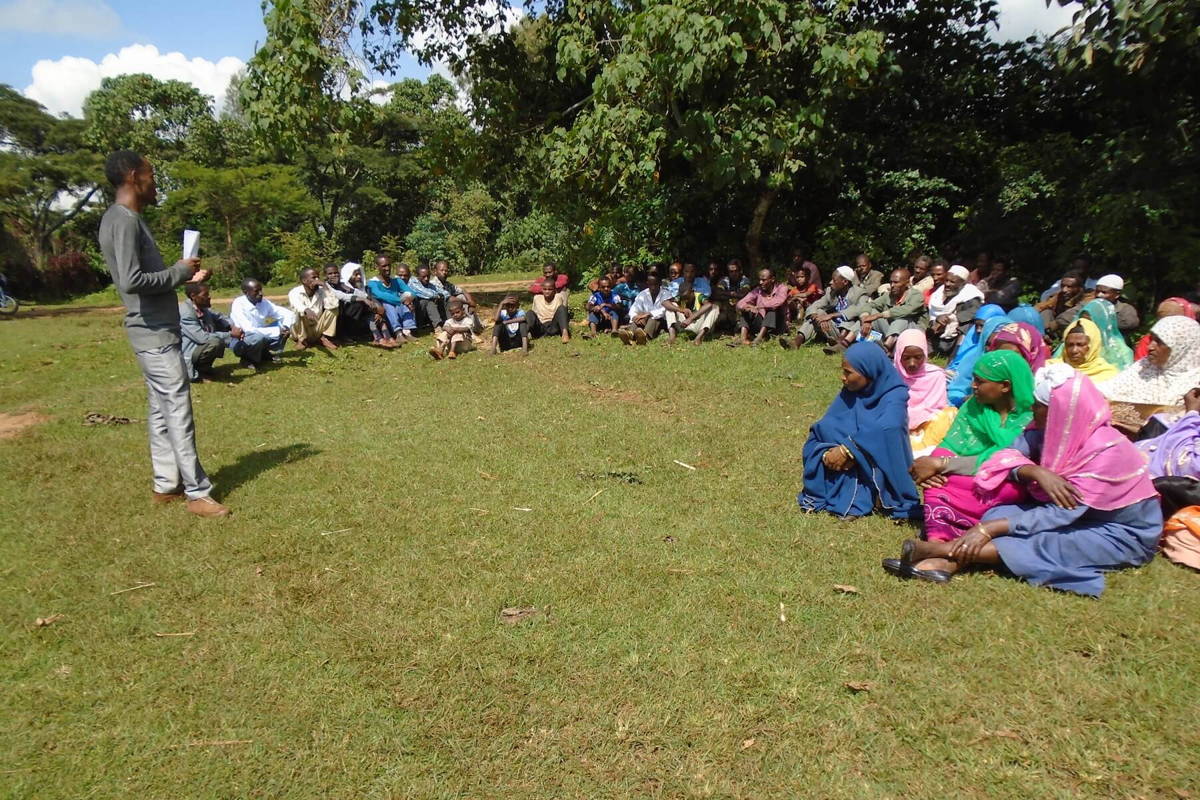
With every cup of coffee you contribute to the progress of the project in Ethiopia: Thanks to you, we were able to start with the hygiene trainings. For this, sometimes unusual but effective methods are used to give people a new understanding of hygiene.
The village communities of Doyo Bikila and Doyo Toli have selected 25 people to be part of the hygiene and sanitation committee. The members were deliberately selected from the coffee cooperatives, women’s communities and schools in order to reach the whole village community on a permanent basis. The task of such a committee is not only to give hygiene trainings in the village communities, but also to take care of the implementation of measures for an improved hygiene and a better awareness of such issues, to steer them and to control them afterwards.
By the way, we are preparing for the next Ethiopia trip in early December. While Martin and I will continue our projects in the coffee cooperatives, Anna will provide you with photos and updates from there! If you don’t want to miss anything, follow us on Instagram @coffeecircle.
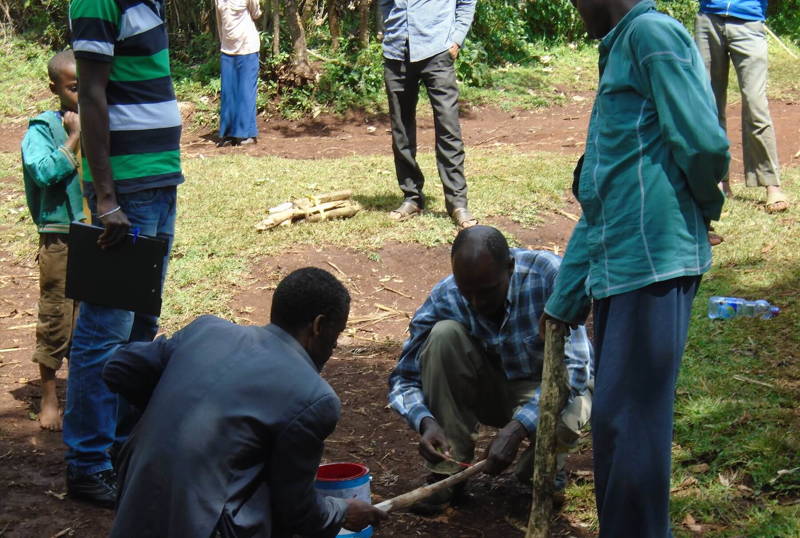
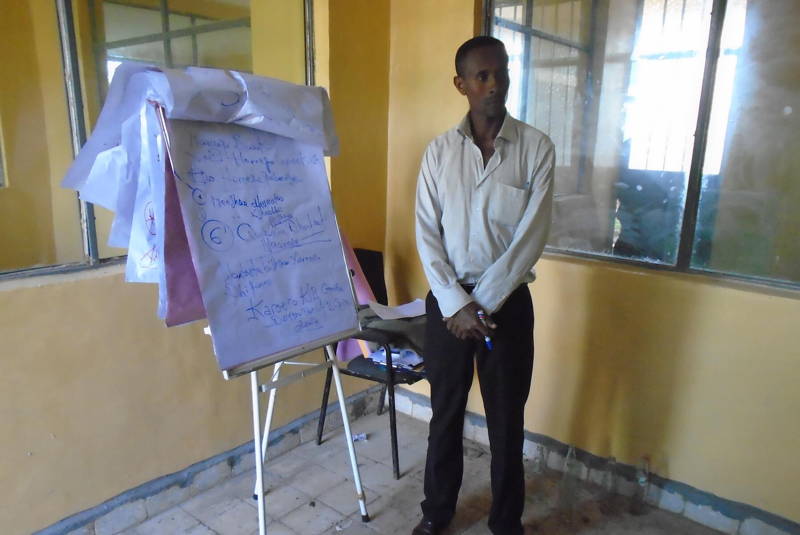
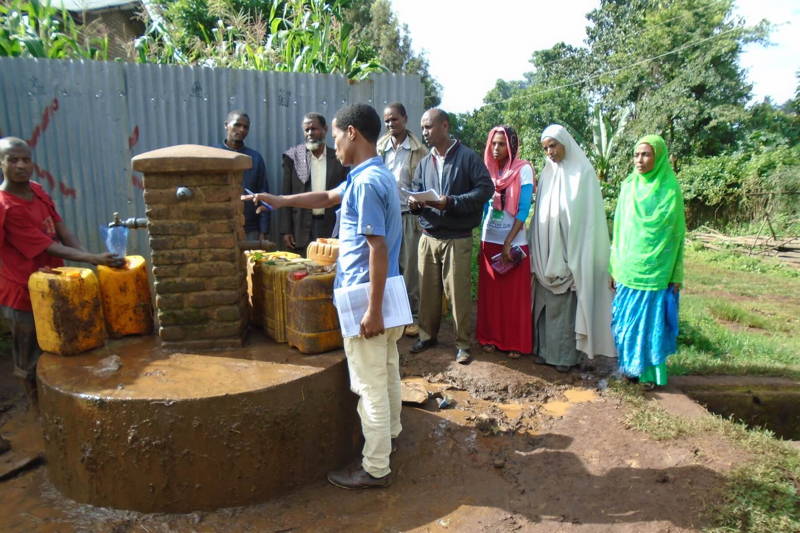
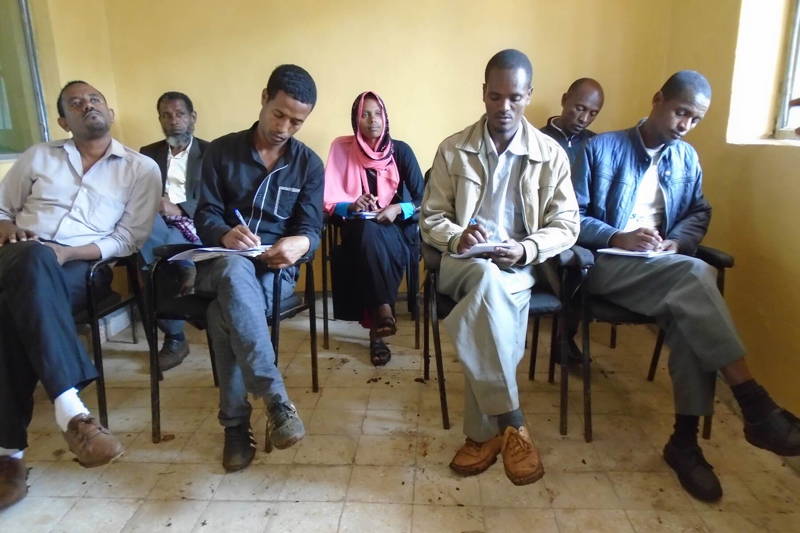
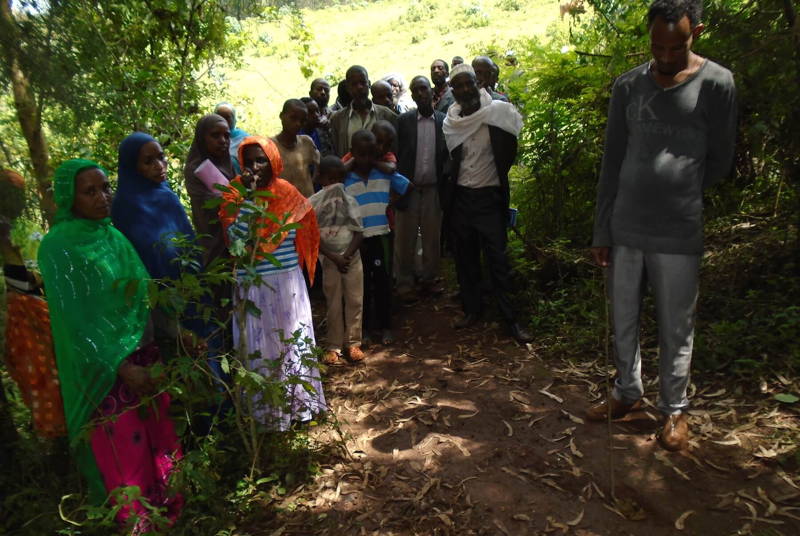
The measures are unusual but effective
The committee aims not only to change people’s behavior, but above all to create awareness for the long-term implementation of sanitation measures. The method used internationally for this, called CLTS (Community Let Total Sanitation Approach), is a new but very practical approach to getting people to change their thinking and actions.
Part of this approach is, for example, to do a „Walk of Shame“ in the villages to embarrassingly point out to the village community the filthy environment of the village. Not only waste but also feces often characterize the image of the small villages. This is intended to motivate the inhabitants to change their hygiene habits more quickly.
At the same time, we are currently preparing the treatment of the first well. We have consciously decided against deep drilling, but use existing spring water, which has the capacity to supply the villages sufficiently in the long term. Over the next five months, we will lay a pipeline for the first spring, which will lead to the stationary water kiosk where the drinking water will be made available to the villagers. We look forward to the next update from our project team! If you have any specific questions about our projects, please feel free to email me at marketing@coffeecircle.com.